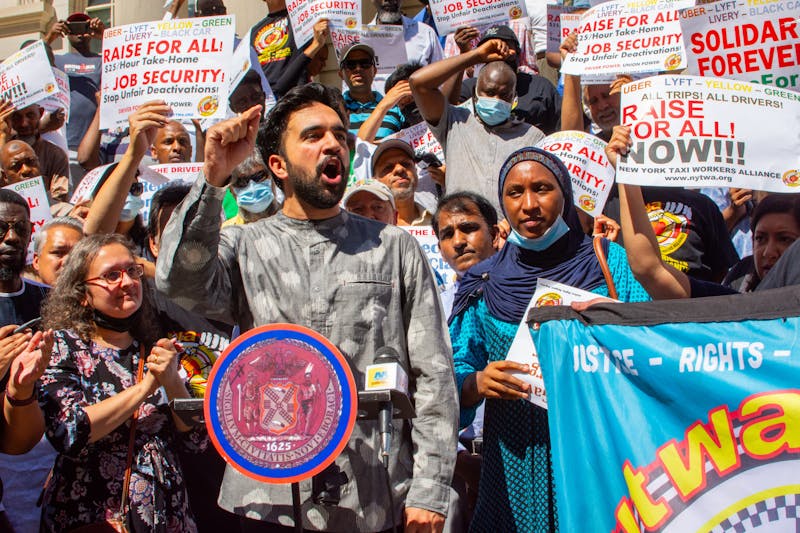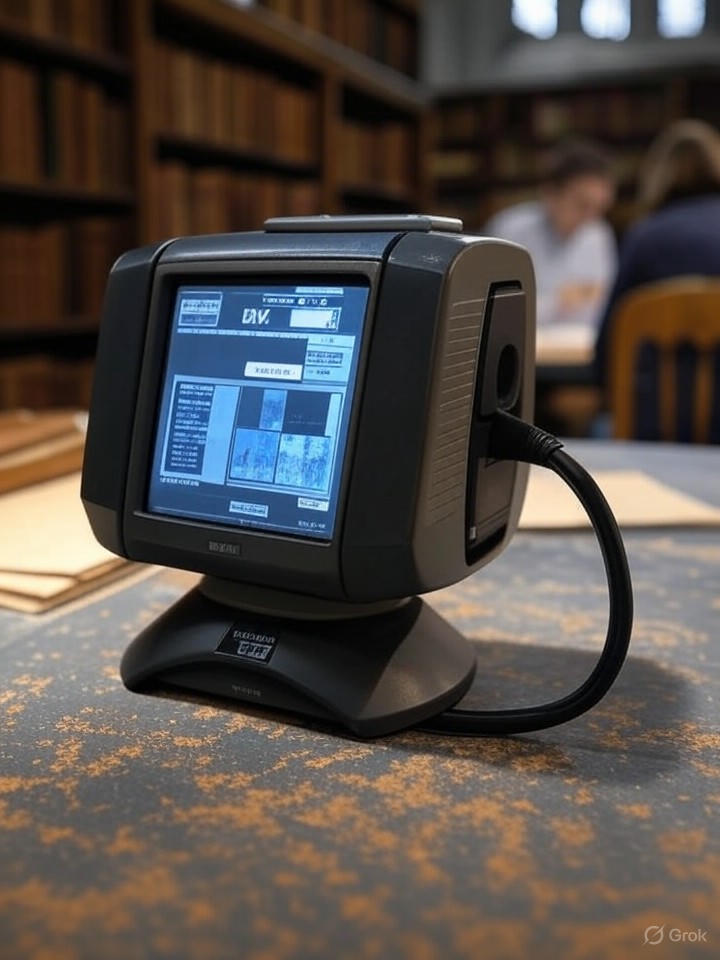Zohran Kwame Mamdani has emerged victorious in the New York City mayoral race, marking a significant shift in the city’s political landscape. His win resonates deeply with many disillusioned New Yorkers, particularly those from immigrant backgrounds who feel marginalized by traditional politics. The election took place on November 16, 2025, and Mamdani’s campaign has been characterized by its commitment to inclusivity and affordability, addressing pressing issues that impact the daily lives of residents.
Born in Uganda and raised in New York City, Mamdani embodies the diverse fabric of the city. According to recent statistics, nearly 37% of New Yorkers were born outside of the United States, with 49% speaking a language other than English at home. This demographic reality underscores the importance of representation in local government, a theme that has been central to Mamdani’s campaign. He has actively engaged with the city’s diverse communities, translating campaign materials into multiple languages and visiting various neighborhoods to connect with residents.
Housing affordability has emerged as a crucial issue during Mamdani’s campaign. As of April 2025, the average monthly rent in New York City approached $3,966, significantly higher than the national average of $1,625. Mamdani’s platform proposes ambitious solutions, including the construction of 200,000 new rent-stabilized homes over the next decade, city-owned grocery stores, and fare-free public transportation. His approach stands in stark contrast to current Mayor Eric Adams, who increased rents on stabilized apartments by 12.6%.
Mamdani’s campaign has also introduced an “affordability calculator,” illustrating how families could save nearly $45,960 annually by utilizing his proposed free transportation and childcare services. This commitment to addressing the affordability crisis represents a shift from traditional political rhetoric, as Mamdani aims to focus on practical solutions to improve the lives of New Yorkers.
The campaign has not been without controversy. Mamdani has faced significant backlash for his outspoken criticism of the Israeli government’s actions in Gaza, which he describes as genocidal. His willingness to separate anti-Zionism from antisemitism while advocating for accountability has drawn both support and criticism. Former New York Governor Andrew Cuomo has labeled Mamdani a “terrorist sympathizer,” while Republican nominee Curtis Sliwa has made unfounded accusations regarding his political stance.
Despite these challenges, Mamdani has remained steadfast in his beliefs. His authenticity has struck a chord with many voters who feel disenchanted with the political status quo. Throughout his campaign, he has visited over 50 mosques, embracing his identity as a Muslim leader and fostering a sense of pride among constituents who share similar backgrounds.
The impact of Mamdani’s win extends beyond his individual success. It represents a larger movement towards a more inclusive political landscape in New York City. For many, his election signifies hope and the possibility for change in a system that has often sidelined marginalized voices. As Mamdani prepares to take office, he brings with him a vision of a city that prioritizes the needs of its residents, particularly those from immigrant communities.
The reaction to Mamdani’s victory has been overwhelmingly positive among supporters who have long felt ignored by traditional political figures. His rise to prominence may inspire a new generation of leaders, particularly among young voters and South Asians, who see their identities reflected in his candidacy. As New Yorkers look forward to his administration, many feel a renewed sense of optimism about the future of the city.
In a political landscape often characterized by division and disillusionment, Mamdani’s win serves as a reminder that change is possible. His journey from a bold candidate to the mayor-elect embodies a shift towards a more inclusive and responsive government, one that promises to address the pressing issues facing New Yorkers today. As the city anticipates this new chapter, many hope that Mamdani’s leadership will bring about the necessary changes to make New York City a more affordable and welcoming place for all its residents.







